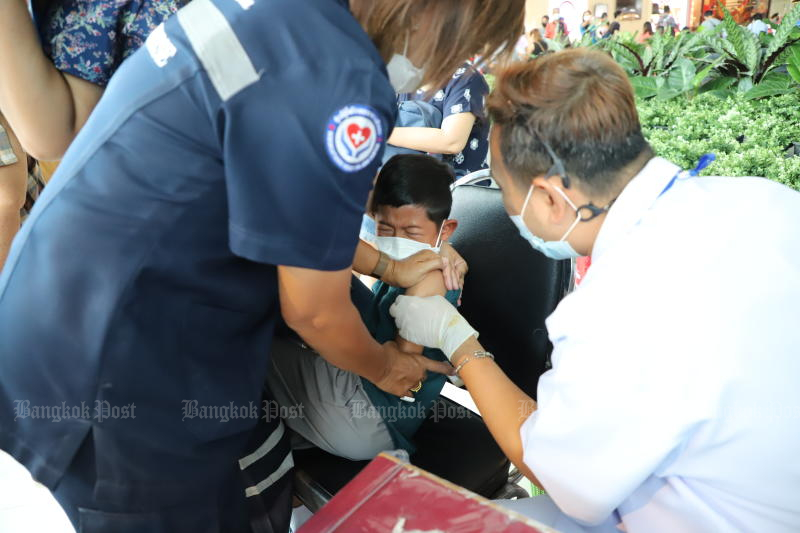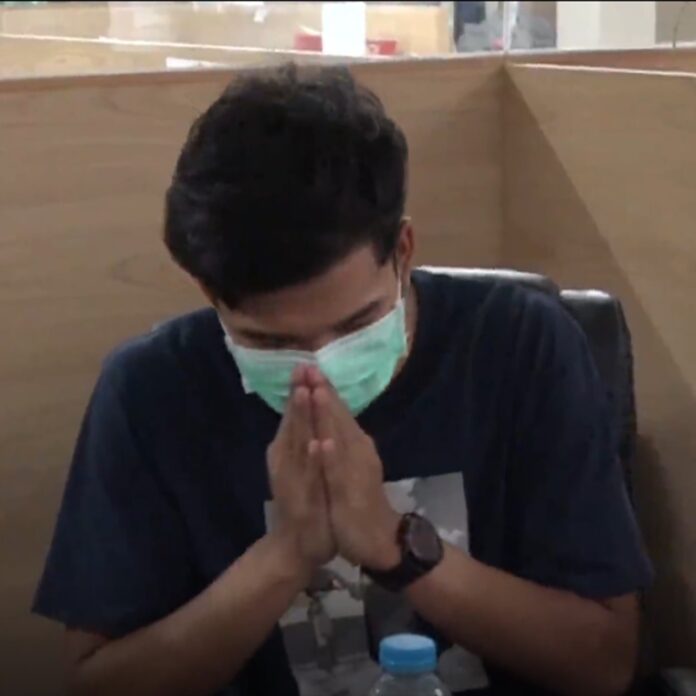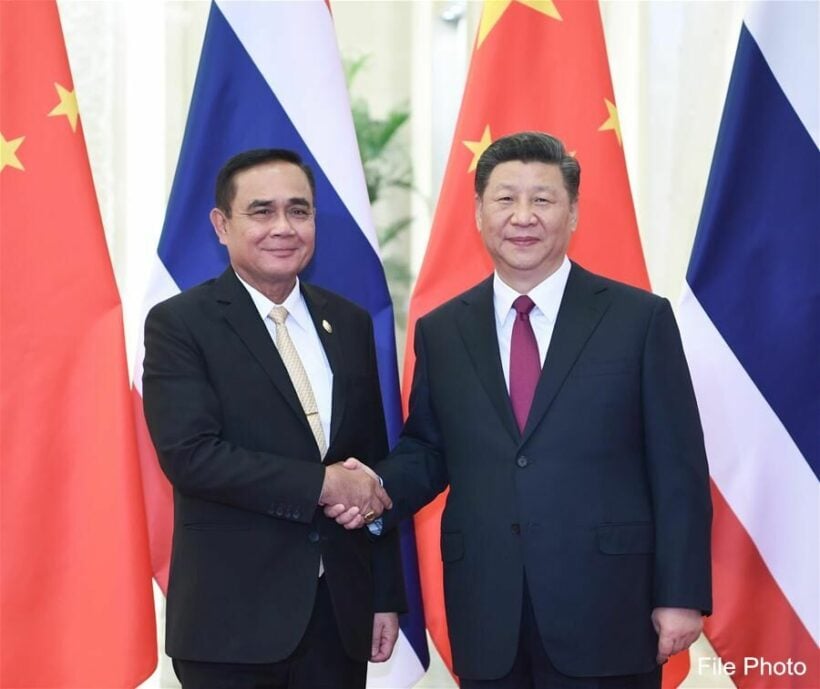Heading into the traditional high season of October to March, the full year target for 2022 is 7-10 million visitor arrivals.

Bangkok, 28 October, 2022 – Thailand welcomed over 7 million tourists between 1 January and 26 October, 2022, with the full year target for 2022 being between seven and 10 million visitor arrivals.
Mr. Yuthasak Supasorn, Governor of the Tourism Authority of Thailand (TAT), said "With the difficult times of recent now behind us, Thailand is seeing its efforts across the board – from ongoing tourism marketing and promotion, to the Amazing Thailand SHA health and safety standards put in place – paying off, with more than 7 million foreign tourists having already returned to our shores so far in 2022."
The total number of visitor arrivals for the 1 January-26 October, 2022, period was 7,349,843. The top five source markets were Malaysia with 1,246,242 arrivals, India with 661,751 arrivals, Lao PDR. with 538,789 arrivals, Cambodia with 373,811 arrivals, and Singapore with 365,593 arrivals. Tabulated by the TAT Intelligence Centre based on data from the Immigration Bureau, these totals do not include migrants, United Nations officials, and non-nationalities.
The top five points of entry to Thailand were Suvarnabhumi Airport in Bangkok (3,891,196 arrivals), Phuket International Airport (958,027 arrivals), Don Mueang International Airport (564,008 arrivals), Sadao Border Checkpoint (451,578 arrivals), and Nong Khai Border Checkpoint (225,859 arrivals).
Now having fully reopened to international tourism, Thailand no longer requires tourists to show proof of vaccination or ATK test results, and a longer length of stay is being offered. Effective from 1 October, 2022 to 31 March, 2023, the period of stay is extended to 45 days (from 30 days) for tourists from countries/territories entitled for visa exemption, and to 30 days (from 15 days) for those eligible for a visa on arrival (VOA).
Major international and regional airlines are resuming flights to Thailand from countries around the world, while Thai Airways International (THAI) in its recently announced 2022-2023 winter schedule (30 October, 2022 – 25 March, 2023) is operating flights on 34 European, Australian, and Asian routes with increased frequencies on selected routes.
More international events and local festivals are again being held throughout Thailand, including the popular Loi Krathong annual festival in locations nationwide in the first part of November, and the Bangkok Art Biennale (BAB 2022) which is taking place through until 23 February, 2023, at various locations across Bangkok featuring works by 73 local and international artists.
Also, as the host of APEC 2022, a number of APEC meetings are taking place in Thailand, most recently the APEC Finance Ministers' Meeting (FMM) from 19-21 October, 2022. Next, the high-profile APEC Economic Leaders' Week (AELW) is to take place from 14-19 November, 2022.
Mr. Yuthasak said, "Looking ahead, TAT is actively working to ensure Thailand remains a top-of-mind destination for tourists from around the world, such as with the 'Visit Thailand Year 2022-2023: Amazing New Chapters' campaign."
Complementing the campaign, the 'Write Your New Chapter' TVC was launched to communicate the Amazing New Chapters message and to engage tourists around the world through a cinematic perspective to show them Thailand has a multitude of holiday possibilities in which there is something for all. The aim is to inspire tourists to explore Thailand and create their own chapters, which they can then share with their friends and family and encourage them to also visit.
Thailand is moving towards more sustainable, more responsible and more inclusive tourism in line with the Thai government's Bio-Circular-Green or BCG Economy Model. The kingdom will continue to be promoted as a world-class destination with existing and new tourism experiences waiting to be discovered by the world's tourists. This will be showcased alongside NFT products including Nature to keep, Food to explore, and Thainess to discover – which are the main highlighted products in the "Amazing New Chapters" campaign.






















